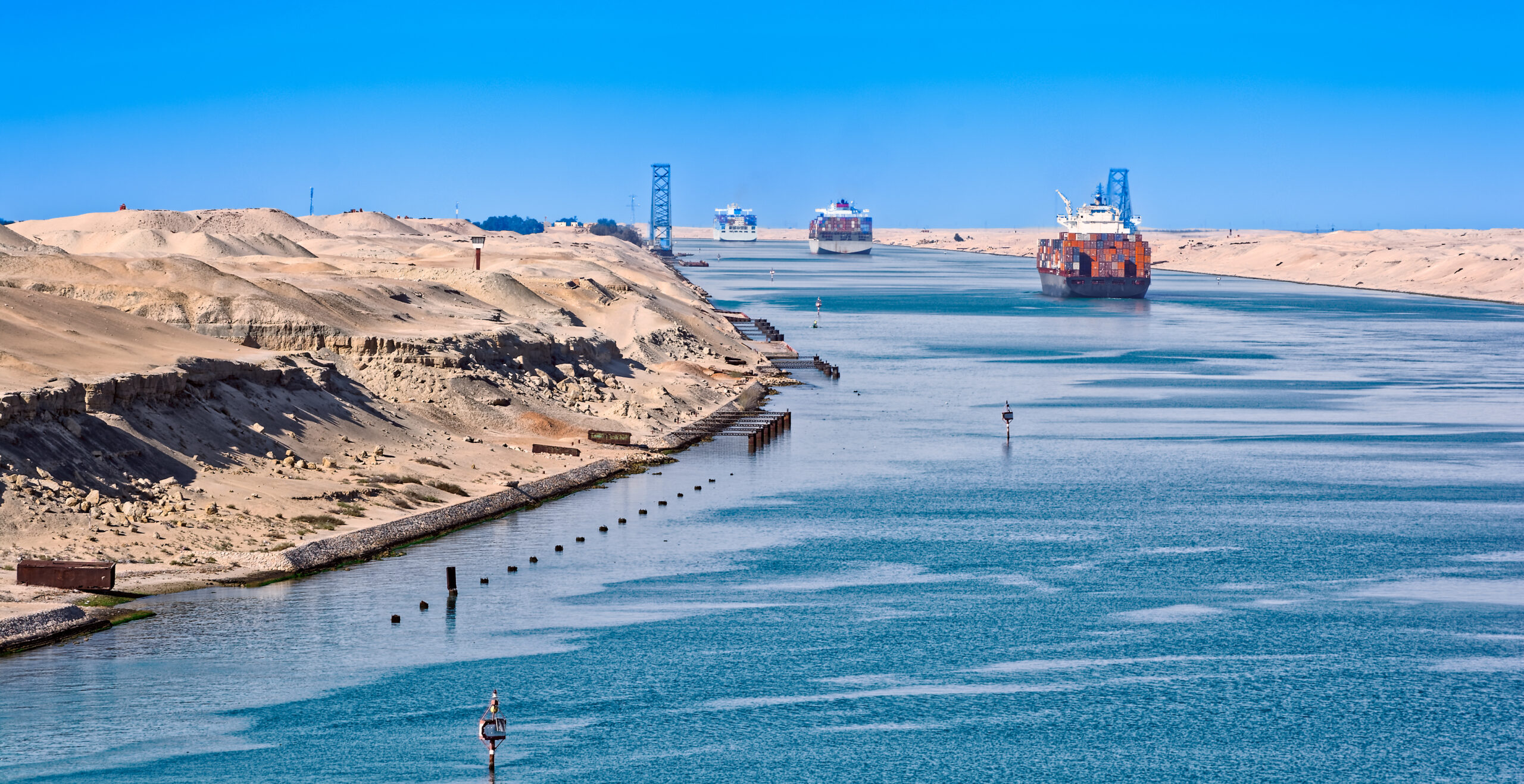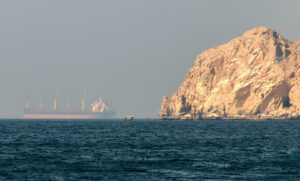The US and Yemen’s Houthis reached a ceasefire agreement to ensure safe passage in the Red Sea after a long period of conflict, Omani Foreign Minister Badr Albusaidi said Tuesday.
In a statement posted on social media X, Badr Albusaidi said both sides had agreed to stop targeting each other.
Omani Foreign Minister said that efforts have resulted in an end to the conflict between the two sides.
“Following recent discussions and contacts conducted by the Sultanate of Oman with the United States and the relevant authorities in Sana’a, in the Republic of Yemen, with the aim of de-escalation, efforts have resulted in a ceasefire agreement between the two sides.
“In the future, neither side will target the other, including American vessels, in the Red Sea and Bab al-Mandab Strait, ensuring freedom of navigation and the smooth flow of international commercial shipping,” he added in a statement.
The statement made no mention of the Houthi attacks on Israel.
Earlier, US President Donald Trump was asked by reporters in the White House during a bilateral meeting with the Prime Minister of Canada about the deal with Houthis.
One reporter asked the president: Can you please tell us about the deal you have reached with the Houthis?
“No, it’s not a deal. They’ve said please don’t bomb us anymore and we’re not going to attack your ships,” Trump responded.
Where did you hear about that? Another reporter asked him. “It doesn’t matter where I hear the very good source I could tell. Very, very good source. No, they don’t want to be bombed anymore.”
The president though made no direct mention of recent attacks on Israel.
White House Press Secretary Karoline Leavitt wrote in a post on X. “Massive WIN. President Trump promised to restore the freedom of navigation in the Red Sea, and he used great American strength to swiftly deliver on that promise. The world is safer with President Trump in charge.”
The Yemeni group intensified its attacks on ships after the war in Gaza started, saying it is in support of Palestinians.
Tensions have been high since the Gaza war began, but have risen further with Israel launching a series of airstrikes in Yemen’s port city of Hudaydah following the Houthis ballistic missile attack against Israel. Israeli fighter jets struck the port city of Hudaydah (Hodeidah) in Yemen’s west coast on the Red Sea.
The Israel Defense Forces (IDF) confirmed the operation, saying approximately 20 of its fighter jets took part in the mission hitting dozens of Houthi targets in Hudaydah and surrounding areas.
The Hudaydah Port is a key Yemeni port on the Red Sea coast and the second largest port in the country, located in Al Hudaydah, the fourth largest city in Yemen.
In a televised statement, the spokesperson of the Yemeni Armed Forces Yahya Saree warned airlines that Israel’s airports are “no longer safe for air travel”.
On Sunday night, the Iran-backed group said it would “impose a comprehensive air blockade” on Israel by “repeatedly targeting airports,” especially Ben Gurion.
It called on international airlines to plan accordingly and cancel all scheduled flights to Israeli airports.
Israeli Prime Minister Benjamin Netanyahu has vowed to retaliate against the Houthis, vowing to unleash multiple attacks on the group.



